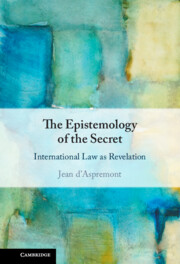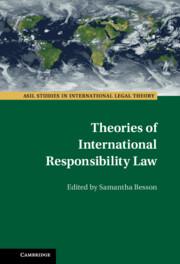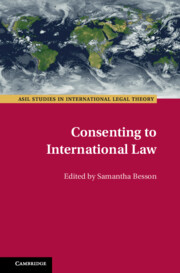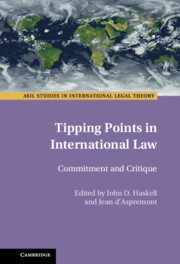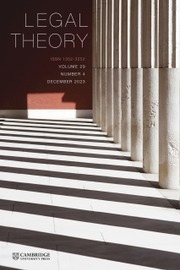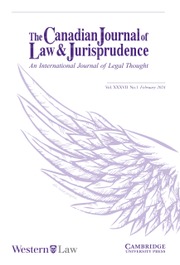The Epistemology of the Secret
In this groundbreaking work, Jean d'Aspremont undertakes the first study of the epistemology of the secret of international law, which is a specific intellectual posture whereby international law is considered to be replete with secrets that international lawyers ought to reveal. In addition to arguing that the epistemology of the secret of international law is everywhere at work in international legal thought and practice, d'Aspremont demonstrates why this posture must be scrutinized, given how much it enables certain sayings, thoughts, perceptions and actions while simultaneously disabling others, making it complicit with the worst forms of capitalism, colonialism, racism, bourgeois ideology, phallocentrism, virilism and masculinism. This book should be read by anyone interested in how international law came to do what it does and why it must be rethought.
- Sheds light on international lawyers' constant quest for secretive content and their feeling of being bound by an obligation to continuously reveal secrets about international law
- Compares the techniques of governance used by international law with that of Ancient Greece, Christianity, modern thought, bourgeois literature, psychoanalysis, structuralist philosophy, and poststructuralist thought
- First comprehensive and critical inquiry about international lawyers' epistemology of the secret and of its complicity with the worst forms of capitalism, colonialism, racism, bourgeois ideology, phallocentrism, virilism and masculinism
Product details
July 2025Hardback
9781009597753
204 pages
229 × 152 mm
Not yet published - available from July 2025
Table of Contents
- 1. The epistemology of the secret of international law
- 2. Epistemologies of the secret elsewhere
- 3. Secrecy and transparency in the international legal literature
- 4. Manifestations of the epistemology of the secret of international law
- 5. Resistance to the epistemology of the secret of international law
- Notebook
- Bibliography
- Index.

